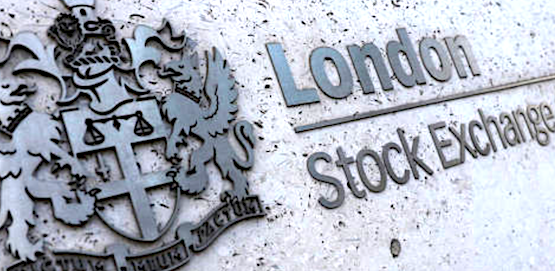The the latest Fund Flow Index (FFI) report from global funds network Calastone shows that rising fears over inflation and interest rates, as well as worsening disillusion with UK assets, drove net selling of equity funds in October for the first time in 15 months.
Savers cashed in a net £148 million of their equity fund holdings.
“Passive equity funds bore the brunt of the selling, suffering record outflows of £709m, almost five times larger than the previous record set for outflows from passive funds in July of this year,” said the report.
“Inflows to passive funds easily outpaced active funds almost every month for 2.5 years until November 2020.
“But in ten of the last twelve months, passive funds have either attracted less new capital than active funds or seen outflows when active flows have been positive.”
Global passive equity funds suffered the worst outflows at £716 million — but flows were negative across all major geographies except emerging markets.
UK-focused passive funds were the second-worst hit, with a net outflow of £226 million.
“Unlike most other geographies, the bad news for UK-focused equity funds was not limited to passive funds, however,” said the report.
“UK-focused active funds shed £393m too, making the total net outflow from UK-focused equity funds £618m in October, the second worst month on record.
“Moreover, the month saw the fifth consecutive month of outflows in UK-focused equity funds, a run of selling that no other geographical category of equity fund has seen this year …
“Active ESG equity funds remain the runaway success story among all active funds.
“They enjoyed £568m of inflows in October taking the total year-to-date to £8.0bn.
“Most of this has been devoted to active global ESG strategies.
“The October inflow was large enough to offset outflows from other active categories that did not have ESG mandates.
“Inflows to active funds of all kinds totalled a net £561m.”
Fixed income funds are often a beneficiary when equity funds see outflows.
But with rising inflation also bad for this asset class, inflows to fixed income funds fell to their second-lowest level in more than a year. Nevertheless, there were inflows, totalling £327 million in October.
Edward Glyn, head of global markets at Calastone said: “Share prices globally had a pretty good month in October after a shaky September, so it’s perhaps surprising that investors pulled money from a rising market.
“They have some good reasons to be nervous. Spiking inflation and higher bond yields are bad news for the valuations of growth companies.
“The net outflow we saw in October was by no means a rout, however, and it may simply point to modest profit taking at a time of record share prices.
“Moreover, the picture is being exaggerated by the particular distaste UK investors are showing for their home market.
“Some of this is part of a healthy long-term trend of rebalancing portfolios away from a structural overweight in domestic stocks, but this rebalancing is normally achieved by simply putting new cash elsewhere rather than outright selling.
“The current picture can only be explained by a loss of confidence in the UK’s prospects as quantified in the OBR’s recent assessment of the damage being done by the pandemic and Brexit.
“The active v passive tussle certainly took on a new perspective.
“Investors have lost interest in passive funds over the last year, but October was the first month on record when outflows from passive funds were larger than inflows to active ones.
“Some of this relates to concerns over equity prices – passive funds tend to do worse than active ones when markets fall.
“But ESG is clearly a big issue too.
“With climate change dominating the headlines, and with some of the world’s most polluting industries taking a large share of global (and especially UK) market capitalisation, investors are perhaps realising that passive funds often don’t meet their growing need to align their investments with their world view.
“This is likely to change as the passive fund industry launches more funds that track ESG benchmarks – we are already seeing that – but for now, the active industry is streets ahead.”
